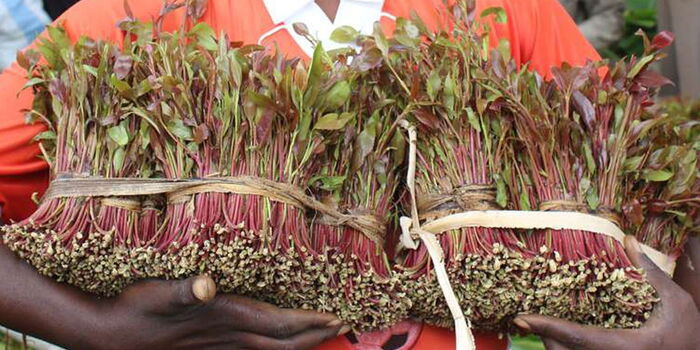The government has announced plans to regulate the supply of miraa through farmer cooperatives in a move aimed at stabilizing the market and ensuring better earnings for growers. According to Patrick Kilemi, Principal Secretary in the State Department of Cooperatives, the initiative will help the government oversee harvesting and sales, particularly during peak seasons when oversupply leads to lower profits.
Speaking ahead of a scheduled meeting with miraa stakeholders, Kilemi emphasized that the government intends to leverage cooperatives to manage production more effectively. “We want to deliberate with stakeholders and control the supply side of miraa through cooperatives so that we may always regulate production. We have no control over demand, but we have control over the supply,” he said.
He explained that unregulated harvesting often floods the market, creating a buyers’ market that disadvantages farmers. Through cooperatives, the government hopes to create a sellers’ market by aligning supply with demand. Kilemi also noted that security will be reinforced along major miraa transport routes, which are frequently targeted by hijackers and robbers.
Miraa was declared a scheduled crop in November 2016 under an amendment to the Crops Act of 2013. The designation empowered the government to regulate and promote the industry, which provides a critical source of income in Meru, Tharaka Nithi, and Embu counties. In recent years, cultivation has expanded to Marsabit, Kirinyaga, Nyeri, Murang’a, Machakos, Makueni, Laikipia, and West Pokot, reflecting the crop’s growing importance.
The push to regulate miraa supply comes just weeks after the Agriculture and Food Authority (AFA) confirmed Djibouti as a new export destination. The breakthrough followed bilateral trade engagements in late 2024 and is expected to boost Kenya’s economic growth while strengthening diplomatic ties with Djibouti.
“AFA wishes to notify the public and stakeholders of new export opportunities for Kenyan miraa in Djibouti, following successful trade engagements between the two nations,” AFA’s Acting Director General Willis Linyuru announced. He added that exporters must comply with Djibouti’s regulations, including meeting product standards and obtaining the necessary permits.
With cooperative reforms and new markets opening, miraa farmers stand to gain from more stable prices and expanded international trade opportunities.

